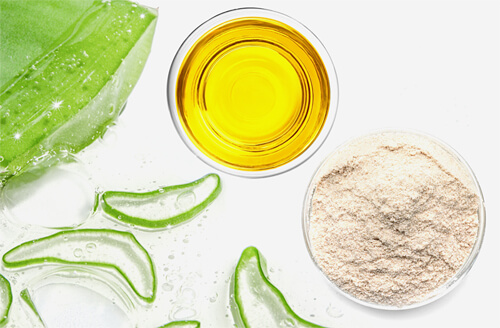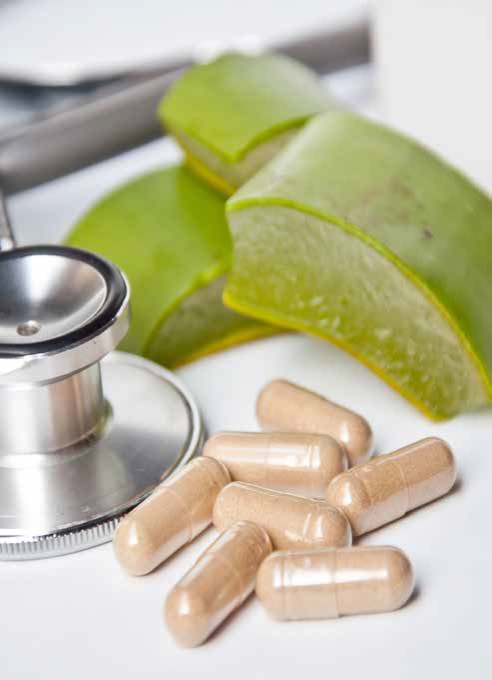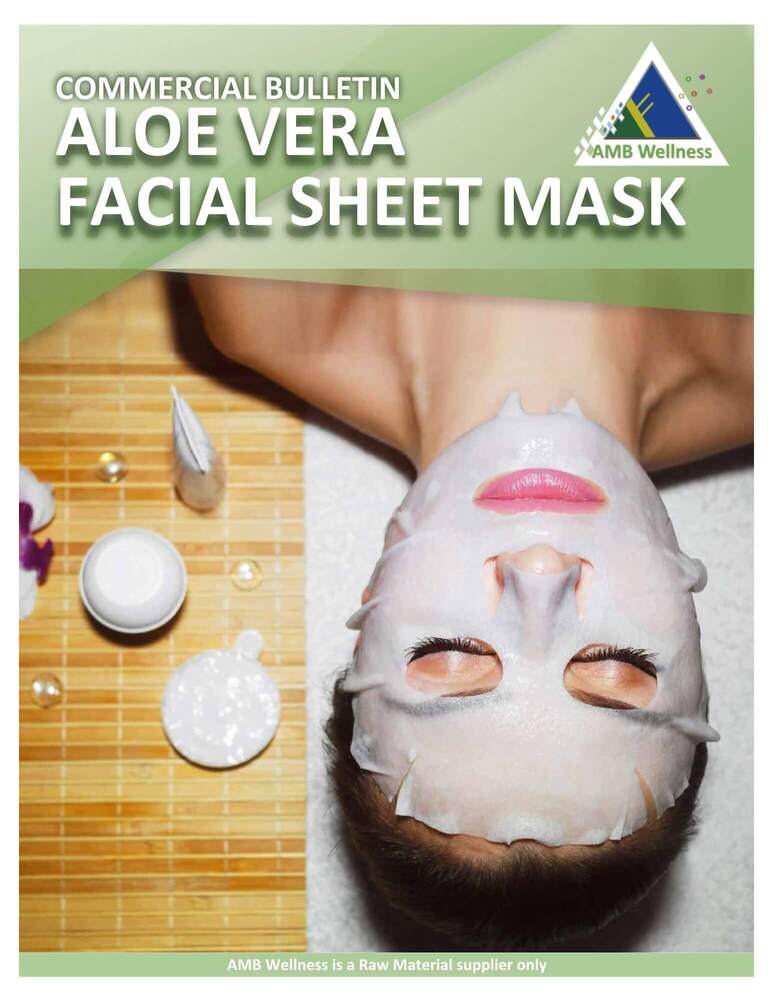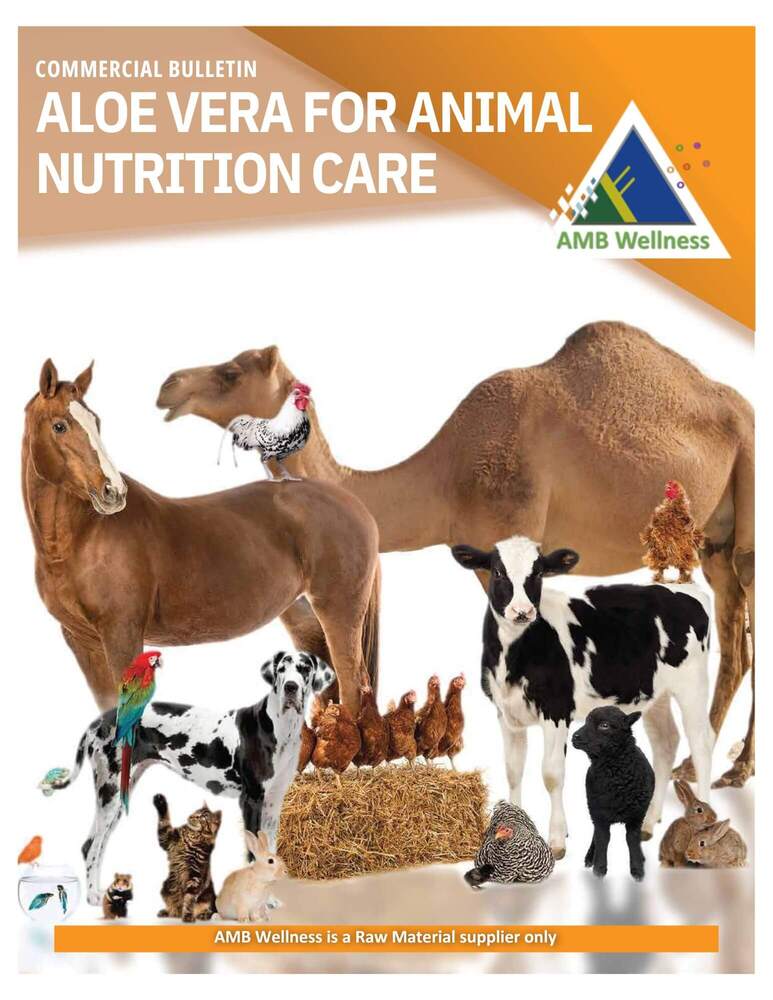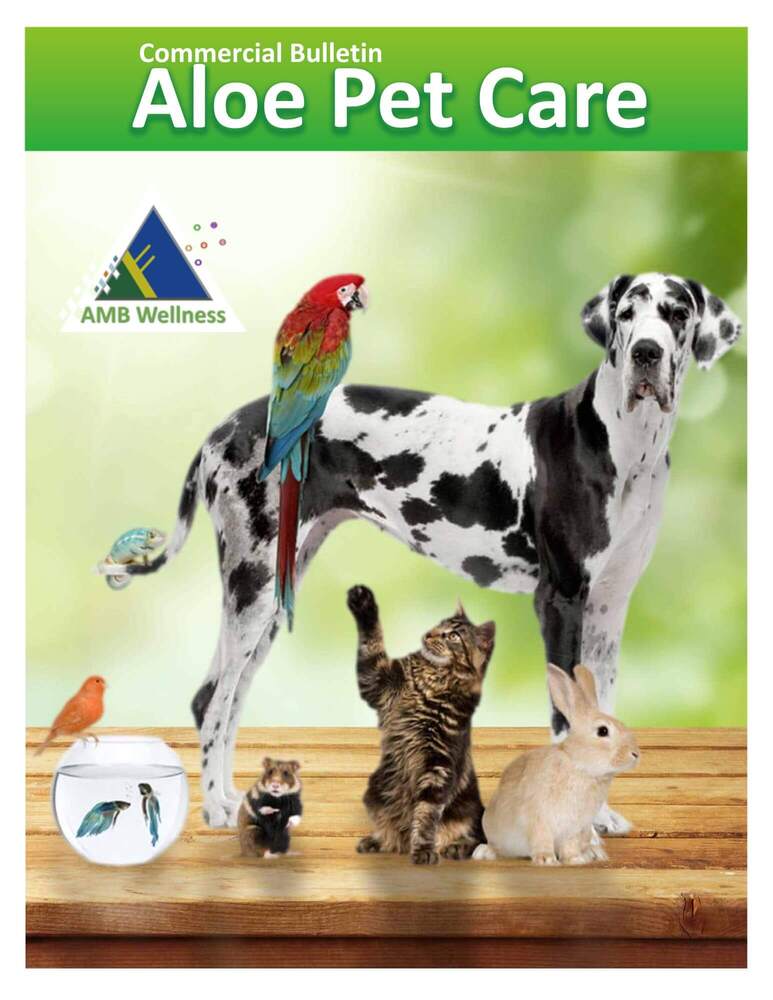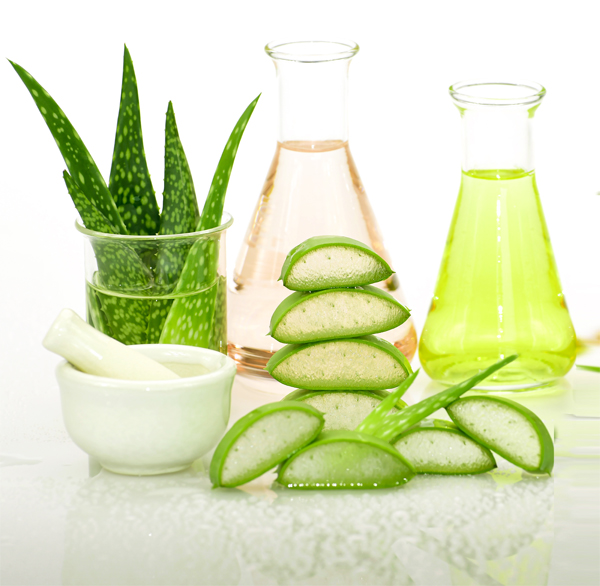Author: Didier-Noel Carlotti, Doct.-Vét., DECVD
shampoo formulations are composed of surfactants (cleansing agents, foaming agents and conditioners) as well as thickeners, softeners, sequestering agents, preservatives, fragrance and sometimes opacifiers and colouring additives. Surfactants are amphophilic molecules, i.e., molecules with a dual affinity, both for water and oil, Surfactants are composed of a hydrophilic part (hydrophilic “head”) and a lipophilic part (“lipophilic tail”). They are called surfactants (surface active ingredients) due to their propensity absorption on various interfaces (oil/water, air/water…), modifying the properties of the interface (decrease of the interface tension and stabilisation of the interface), In water, surfactants form micelle structures. These structures correspond to a spontaneous molecular arrangement of the amphiphilic molecules. The micelle formation process explains many of the surfactant properties and particularly their ability to emulsify, render soluble and disperse oils, dirty and debris, Pet shampoos have to ensure excellent cleansing of the hair and skin, leaving them soft, supple, lustrous and easy to manage. A specifically formulated combinations of surfactants is necessary in order to combine superior cleansing properties and a perfect local tolerance on canine and feline skin. pet shampoos have a physiological pH adapted to the canine and feline skin, Another important feature of pet shampoos is ease of rinsing, because surfactants can induce skin irritation when they are not totally removed by rinsing and also, because dogs and cats (contrary to humans) often lick their fur ingesting shampoo residues, local tolerance and efficacy are assessed on dogs and cats suffering from conditions for which the shampoo is indicated. Canine and feline skin is often more sensitive than is human skin due to anatomical and physiological differences, including differences in the thickness of the stratum corneum, skin pH and hair follicle density which can facilitate cutaneous penetration of active ingredients, Surfactants can be classified into 4 groups, according to their ionic nature: anionic, cationic, non-ionic amphoteric surfactants, efficacy of shampoos on skin hydration, the surface lipid film and stratum corneum, which are of great importance in keratoseborrhoeic disorders, transepidermal water loss (TEWL) measurement, corneocyte counts, measurement of corneal layer thickness, stripping, chemical analysis of lipid film, water content measurement, surface biopsy and corneometry4. These procedures have been deemed to be not reproducible and thus useless in evaluating effects of topical treatments in the dog, ction of active ingredients applied to the skin: liposomes prolong the moisturizing effect and Spherulites® increase bioavailability of therapeutic agents and promotes immediate and residual moisturising properties (reinforced by chitosanide). Also, microemulsions enhance bioavailability of active ingredients, which readily diffuse, and they also have an effective cleansing effect, CAS NUMBER: 85507-69-3

